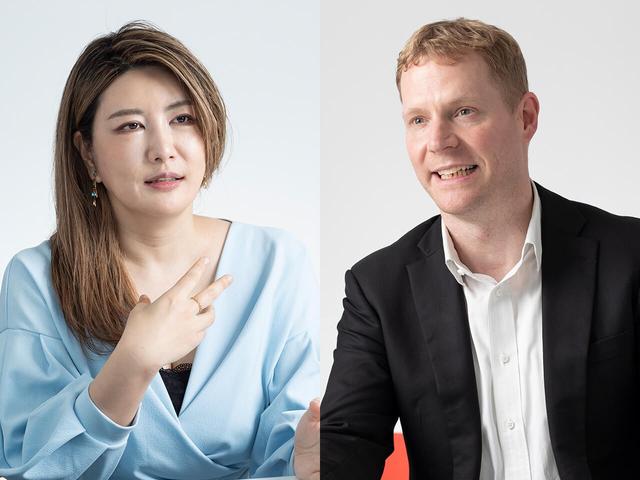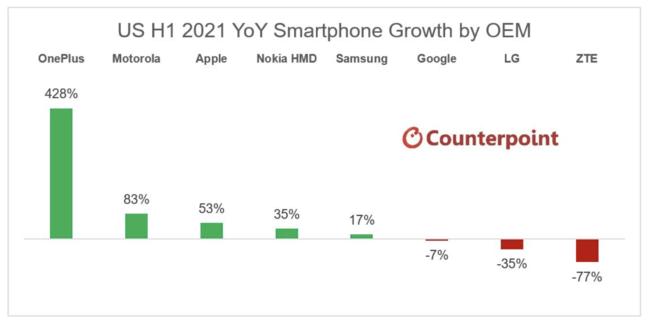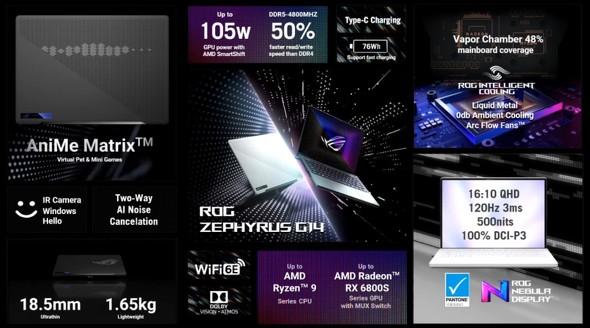What is the transformation of school education and the power to live in the AI era (Part 2)
Special Dialogue-Future Japanese Education that Will Change with the Use of ICT-Brain Scientist / Doctor of Medicine / Cognitive Scientist Nobuko Nakano x Lenovo Japan GK President and CEO David Bennett
Utilization of ICT (Information and Communication Technology), which is rapidly being promoted in the field of school education in Japan. In the second part of the educational dialogue between Nobuko Nakano, a brain scientist who serves as an expert committee member of the "Educational Future Creation Conference," and David Bennett, President and CEO of Lenovo Japan GK, which focuses on ICT in educational settings, ICT They talked about the power that is expected to be nurtured by children through education. We talked about PC literacy, which is indispensable in the future, which is unpredictable, and "STEAM education" and "humanities and science fusion education", which have been attracting attention recently.From now on, it is a risk that the PC cannot be used freely
With the realization of the Bennett GIGA school concept, each person is about to be realized in elementary, junior high and high schools nationwide. If that happens, anyone can freely connect to the Internet, know and learn various things. It can be said that ICT has the power to equalize learning.
Nakano: In Japan, there has been a long time when people with knowledge are authorities, but the most knowledgeable thing now is on the Internet. Knowledgeable people are no longer necessarily authoritative. So who is the authority is someone who knows how to operate it. Teaching the Internet, which is a treasure trove of knowledge, and how to use it is what is required of education today.
Bennett That's right. In the future, the number of situations in which ICT equipment will be used in our world will continue to increase. No matter what kind of job you get, you need PC literacy. It is better for children living in such an era to learn how to use PCs and the way of thinking of programming from the earliest possible stage. The PC is no longer one of the stationery. I think it is necessary to be able to use it as freely as using a pencil.
Nakano: From now on, I think that not being able to use a PC freely will be as inconvenient as not being able to read letters. It seems that some people still think that it is dangerous to touch the new technology of PC and to touch the world that they do not understand well, but it is rather dangerous to not know it. As long as you know that there is such a danger, you can search the net for ways to avoid it. If I can't do that, how should I protect myself in the future? I think it is more risky to not be able to use ICT equipment in the future.
It is important to consider the characteristics of ICT equipment and use them properly.
Bennett ICT equipment has a variety of devices. Compared to other countries, it seems that more children in Japan start to pick up from game consoles and mobile phones, but when the situation changes, the situation will change after elementary school students are assigned to each PC. think.
Nakano Simple devices such as smartphones and tablet terminals are very convenient, and there was a time when cell phone novels started. But I think there are limits. Without a PC, you wouldn't be able to make what you like. From now on, I think the PC will become an important tool for increasing the degree of freedom in life.
Bennett smartphones and tablet devices are very convenient and suitable for passive tasks such as searching, reading, and viewing. However, you often find it inconvenient to actually do some creative or active work. A PC is an indispensable device not only for programming education that fosters thinking ability, but also for "STEAM education (*)", whose importance has recently been attracting attention in Japan.
Nakano: From now on, the values of life will change drastically. The values of being happy to enter a good university and get a job at a good company like in the past do not work. How should we survive in such an uncertain era? Adults also need to think with their children. Wouldn't it be nice to have a PC as that tool?

* The purpose is to acquire logical thinking and problem-solving abilities through learning in five fields: Education, Technology, Engineering, Art, and Mathematics. Educational concept.
From now on, the era of learning what you like
Bennett From 2020, programming education has become compulsory even in Japanese elementary schools. Learning a programming language is not the key to programming education. The important thing is to acquire programming thinking. In other words, you need to find the problem yourself and develop the ability to solve it yourself. In the coming era, it will become more and more important to acquire such power.
Nakano: I think the standard of Japanese education so far has been to make children put up with what they want to do and study to enter a good university. However, from now on, it will be more important than anything else to discover what children want to do and to acquire the skills necessary to realize it. I think this is a good opportunity to promote ICT education in order to shift to that type of education.
Bennett I also think that children should be allowed to do what they want to do and what they like to study. If it's something you like, it's efficient because children are willing to study on their own even if they leave it alone, and their memories are easy to settle. When I was a university student in Canada, my major was Japanese classical literature and my minor was computer science. The reason is that I like both. I was interested in Japanese classical literature because I was fascinated by grammar. I found it interesting that the meaning of a sentence changes just by changing the ending, which is very similar to computer programming.
Nakano Certainly, grammar and programming may be similar in terms of logic (laughs). I don't think it's difficult to find what you like. For example, if you like anime, you can start by making a game that moves the characters in it. As I say many times, I really wanted to be a child now. If you can connect to the Internet with your PC, you can do various things. I think that the reason why people who build companies as teenagers are appearing is because they have PCs.
Bennett Recently, the need for "humanities and sciences fusion education" has been called out, but I also think that it is one of the challenges of Japanese education that the areas of learning do not overlap. For example, the people I was studying in classical literature and computer programming are probably completely different people in Japan. It seems that Japan is a high school, science is divided into science, and liberal arts is divided into liberal arts, but I feel that the timing to select is a little too early.
Nakano That's true. I'm glad I didn't have to decide until the second year at the university I was studying at. The reason is that I try to learn many things and I can do many things. Then, when I grow up, I think I will try to study again at graduate school. Actually, now I am aiming for a second doctor at university. I'm learning contemporary art. I'm often surprised, "Why are people who have studied science and medical?", But in reality, it has a lot to do with it. It's very interesting to learn what you like freely while overlapping, regardless of the area, because you can feel that various things are connected. Learning is a joy and a pleasure in the first place. Studying is not something you have to do seriously. Every child must have something they like, and if they can't find it, I would like them to use ICT to find it.
ICT education to expand children's choices
Bennett It is often said that "the era of AI is about to come", but in reality, many people may not be familiar with AI. The answer given by AI is not absolute. Output is not important for AI, but input is actually more important. If you make a mistake in the input, the output becomes useless, so what you put in is very important.
Nakano Certainly, I feel that many people have illusions about AI. AI is just a device that gives answers according to certain rules. If you don't know that, you can't tell if the answer you've come up with is really valid. As Bennett said, if you enter the wrong number for AI, you may get a wrong answer, which is the same for science. In order to correctly understand and utilize AI and science, it is important to understand what kind of devices they are, how they should be operated, and how they work.
Bennett He is right. And I think it's the same with education. In the coming era, studying what you like will be more important than the result of what kind of university you entered. I think it is the role of adults to teach children the skills to find what they like and to create such an educational environment so that they can learn what they like. And I would like you to know that ICT education should be promoted in order to expand children's choices.
【profile】
David Bennett / Born in Jamaica in 1979. He is a graduate of the University of Toronto, Canada. He learned Japanese at Waseda University and studied Japanese classical literature at Gakushuin Women's University Graduate School. After he started his working career in Tokyo, he worked for a major semiconductor manufacturer before assuming his current position in 2018. He is also the President and Representative Director of NEC Personal Computers, Ltd. and a visiting professor at Yamagata University.
Nobuko Nakano / Born in Tokyo in 1975. After graduating from the Faculty of Engineering at the University of Tokyo, she completed the Graduate School of Medicine at the same graduate school. She holds a PhD in Neurology. While she conducts research and writing activities on the themes of brain and psychology, she teaches as a professor at Higashinihon Kokusai University and a visiting professor at Kyoto University of the Arts, while she also expands her activities as an art researcher. She draws on her knowledge of brain science and psychology, and she is active in various media. In December 2021, she was appointed as an expert committee member of the "Educational Future Creation Council".


![10th generation Core i5 equipped 9.5h drive mobile notebook is on sale at 50,000 yen level [Cool by Evo Book] 10th generation Core i5 equipped 9.5h drive mobile notebook is on sale at 50,000 yen level [Cool by Evo Book]](https://website-google-hk.oss-cn-hongkong.aliyuncs.com/drawing/article_results_9/2022/3/9/4a18d0792cae58836b71b9f591325261_0.jpeg)





![[Amazon time sale in progress! ] 64GB microSD card of 1,266 yen and wireless earphone with noise canceling function of 52% off, etc. [Amazon time sale in progress! ] 64GB microSD card of 1,266 yen and wireless earphone with noise canceling function of 52% off, etc.](https://website-google-hk.oss-cn-hongkong.aliyuncs.com/drawing/article_results_9/2022/3/9/c88341f90bab7fe3ce1dc78d8bd6b02d_0.jpeg)
